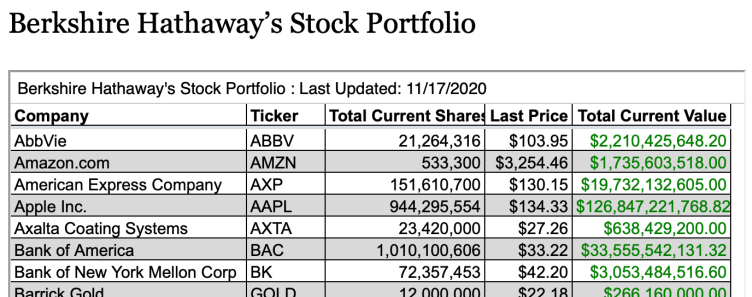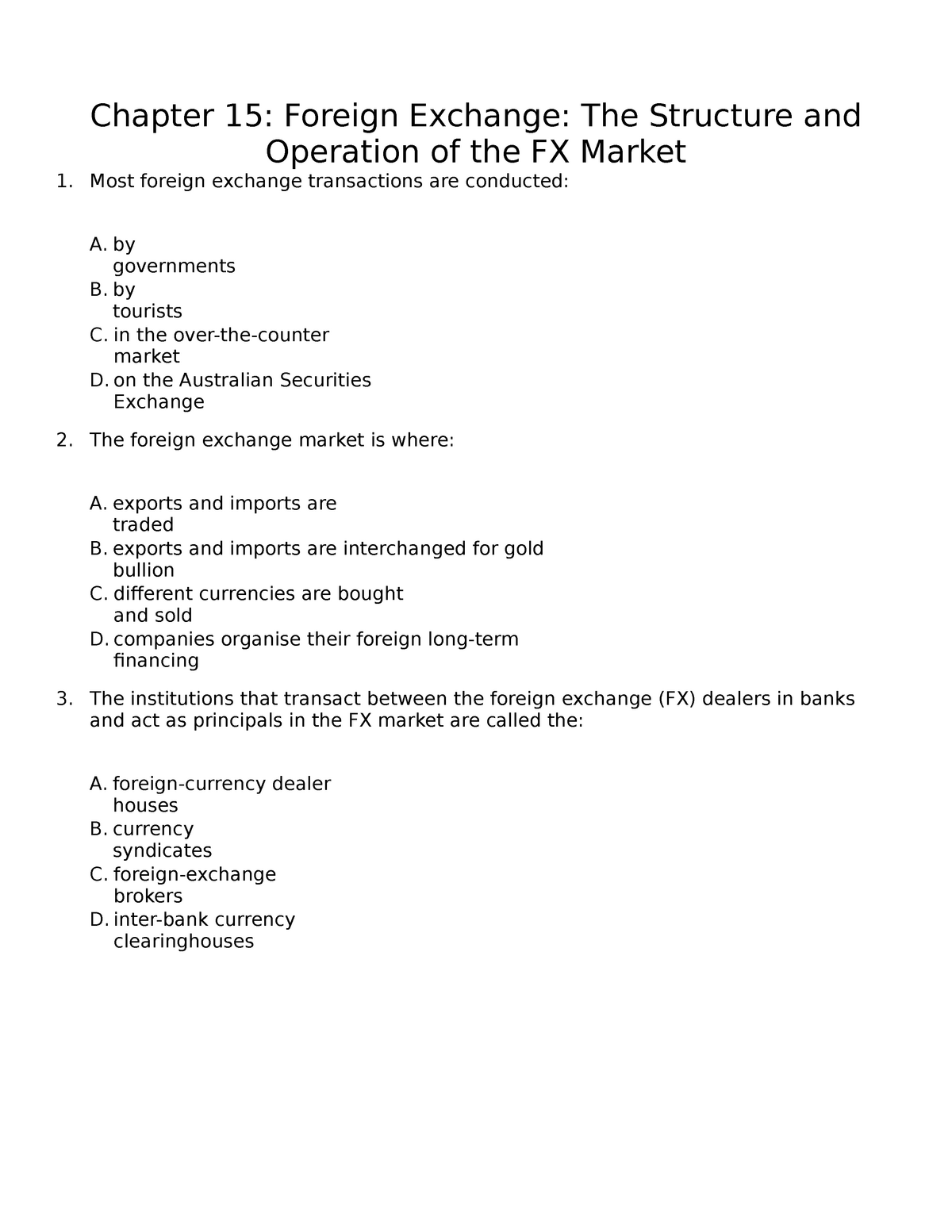
What is asset allocation? It is simply the process of allocating your money among different asset classes. This includes stocks, bonds and cash. The method used to allocate your money is a complex one that requires careful consideration. Once you've determined what risks you are comfortable taking, it is possible to start dividing your money accordingly. Continue reading to learn more. Hopefully this article will answer your question.
Asset allocation involves the process of allocating your money to one or more of the secondary asset classes (stocks, bonds, cash)
You may be wondering how to allocate your money as an investor in order to achieve your financial goals. The answer depends on your personal situation, as asset allocation is a multistep process and involves balancing risk and reward. Investors may be interested in investing in multiple asset classes. The relative proportions will depend on your investment goals, risk tolerance, time frame, and investment goals.

It is based on your risk tolerance
Your age, financial security and other factors can influence your risk tolerance. You would have a higher risk tolerance if you were to invest in stocks or bonds, and be less likely to lose money. Conversely, a low risk tolerance would mean that you invest less in stocks and bonds, and would have a lower proportion of each. When choosing investments, it is important to think about your risk tolerance.
This is not a one time, set-it and forget-it process
Analyzing your portfolio could reveal that you have either too or under-allocated assets. You need to adjust your allocations regularly in order for them to meet your future needs. Your allocations should be reviewed regularly. If you have any questions you can reach out to a financial adviser. Asset allocation can be done in many ways. The best one for you depends on your risk tolerance and individual situation.
It is a complicated process
Asset allocation refers the process of allocating your investment dollars between the various types available in the market. These assets can be divided into three main categories: cash, bonds, or stocks. Although there may be other assets that are suitable, the most popular ones are stocks, cash, bonds, or both. Asset allocation has two main goals: to minimize volatility and maximize return. Your personal goals, risk tolerance and investment horizon will determine how your portfolio is distributed. These factors are subject to change, so it is important you know how they can impact your strategy.
It is an important component of any investment approach
An asset allocation strategy is a way to divide your investments among different types of assets to reduce your overall risk and maximize your rewards. Asset allocation lets you take into account your time horizon, risk tolerance and liquidity requirements to determine the best proportion of each type. It allows you to budget for unexpected costs. Here are some basics to help you get started with asset allocation.

It affects your portfolio's performance
To maximize your return relative your risk tolerance, it is vital to know how your assets should be allocated when you invest. Asset allocation strategies that reduce risk and maximize return use a mix of assets. This can be accomplished by using mutual funds, ETFs, or mutual funds. Asset allocation, in turn, can provide diversification. ETFs provide diversification and still maintain a focus on individual stocks. This is a good thing.
FAQ
How can people lose their money in the stock exchange?
The stock market does not allow you to make money by selling high or buying low. It's a place you lose money by buying and selling high.
The stock exchange is a great place to invest if you are open to taking on risks. They may buy stocks at lower prices than they actually are and sell them at higher levels.
They are hoping to benefit from the market's downs and ups. They could lose their entire investment if they fail to be vigilant.
What is a REIT?
An REIT (real estate investment trust) is an entity that has income-producing properties, such as apartments, shopping centers, office building, hotels, and industrial parks. They are publicly traded companies which pay dividends to shareholders rather than corporate taxes.
They are very similar to corporations, except they own property and not produce goods.
Is stock marketable security a possibility?
Stock is an investment vehicle where you can buy shares of companies to make money. This is done by a brokerage, where you can purchase stocks or bonds.
You can also directly invest in individual stocks, or mutual funds. There are actually more than 50,000 mutual funds available.
The difference between these two options is how you make your money. Direct investment earns you income from dividends that are paid by the company. Stock trading trades stocks and bonds to make a profit.
Both of these cases are a purchase of ownership in a business. If you buy a part of a business, you become a shareholder. You receive dividends depending on the company's earnings.
Stock trading is a way to make money. You can either short-sell (borrow) stock shares and hope the price drops below what you paid, or you could hold the shares and hope the value rises.
There are three types for stock trades. They are called, put and exchange-traded. You can buy or sell stock at a specific price and within a certain time frame with call and put options. ETFs, also known as mutual funds or exchange-traded funds, track a range of stocks instead of individual securities.
Stock trading is very popular because investors can participate in the growth of a business without having to manage daily operations.
Stock trading can be a difficult job that requires extensive planning and study. However, it can bring you great returns if done well. To pursue this career, you will need to be familiar with the basics in finance, accounting, economics, and other financial concepts.
What is a fund mutual?
Mutual funds are pools of money invested in securities. They provide diversification so that all types of investments are represented in the pool. This helps reduce risk.
Professional managers are responsible for managing mutual funds. They also make sure that the fund's investments are made correctly. Some funds permit investors to manage the portfolios they own.
Mutual funds are more popular than individual stocks, as they are simpler to understand and have lower risk.
Statistics
- Even if you find talent for trading stocks, allocating more than 10% of your portfolio to an individual stock can expose your savings to too much volatility. (nerdwallet.com)
- The S&P 500 has grown about 10.5% per year since its establishment in the 1920s. (investopedia.com)
- "If all of your money's in one stock, you could potentially lose 50% of it overnight," Moore says. (nerdwallet.com)
- US resident who opens a new IBKR Pro individual or joint account receives a 0.25% rate reduction on margin loans. (nerdwallet.com)
External Links
How To
How to open a Trading Account
The first step is to open a brokerage account. There are many brokerage firms out there that offer different services. Some brokers charge fees while some do not. Etrade, TD Ameritrade Fidelity Schwab Scottrade Interactive Brokers are some of the most popular brokerages.
Once you've opened your account, you need to decide which type of account you want to open. You can choose from these options:
-
Individual Retirement Accounts (IRAs).
-
Roth Individual Retirement Accounts
-
401(k)s
-
403(b)s
-
SIMPLE IRAs
-
SEP IRAs
-
SIMPLE 401(k)s
Each option has its own benefits. IRA accounts are more complicated than other options, but have more tax benefits. Roth IRAs allow investors to deduct contributions from their taxable income but cannot be used as a source of funds for withdrawals. SIMPLE IRAs are similar to SEP IRAs except that they can be funded with matching funds from employers. SIMPLE IRAs can be set up in minutes. They enable employees to contribute before taxes and allow employers to match their contributions.
Next, decide how much money to invest. This is called your initial deposit. Most brokers will give you a range of deposits based on your desired return. You might receive $5,000-$10,000 depending upon your return rate. The lower end of this range represents a conservative approach, and the upper end represents a risky approach.
Once you have decided on the type account you want, it is time to decide how much you want to invest. You must invest a minimum amount with each broker. These minimum amounts can vary from broker to broker, so make sure you check with each one.
After choosing the type account that suits your needs and the amount you are willing to invest, you can choose a broker. Before choosing a broker, you should consider these factors:
-
Fees-Ensure that fees are transparent and reasonable. Many brokers will try to hide fees by offering free trades or rebates. However, many brokers increase their fees after your first trade. Do not fall for any broker who promises extra fees.
-
Customer service - Find customer service representatives who have a good knowledge of their products and are able to quickly answer any questions.
-
Security - Choose a broker that provides security features such as multi-signature technology and two-factor authentication.
-
Mobile apps – Check to see if the broker provides mobile apps that enable you to access your portfolio wherever you are using your smartphone.
-
Social media presence – Find out if your broker is active on social media. It may be time to move on if they don’t.
-
Technology - Does it use cutting-edge technology Is the trading platform easy to use? Are there any issues with the system?
After choosing a broker you will need to sign up for an Account. While some brokers offer free trial, others will charge a small fee. You will need to confirm your phone number, email address and password after signing up. Next, you'll have to give personal information such your name, date and social security numbers. You'll need to provide proof of identity to verify your identity.
After your verification, you will receive emails from the new brokerage firm. You should carefully read the emails as they contain important information regarding your account. You'll find information about which assets you can purchase and sell, as well as the types of transactions and fees. Keep track of any promotions your broker offers. These could be referral bonuses, contests or even free trades.
Next, open an online account. An online account can be opened through TradeStation or Interactive Brokers. Both sites are great for beginners. You'll need to fill out your name, address, phone number and email address when opening an account. Once you have submitted all the information, you will be issued an activation key. You can use this code to log on to your account, and complete the process.
Now that you've opened an account, you can start investing!